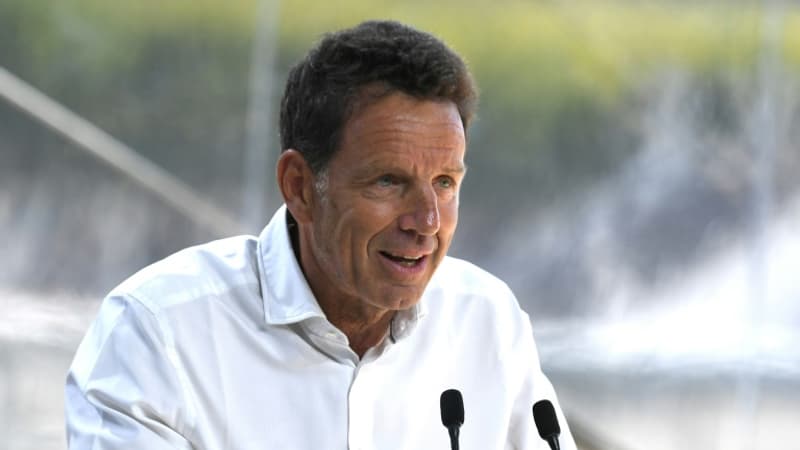The French employers, through Medef, requested this Wednesday a review of the European electricity price mechanism “which no longer works” and endangers companies in Asia and the United States, and also insisted on the end of the “every man for himself”. in terms of domestic support.
In particular, he pointed to a “one-to-ten ratio between the price of energy in the United States and in France.” In some cases it is a “problem of survival, because we cannot transfer these prices to the final consumer,” he added.
Faced with a situation that put France and Europe at risk of de-industrialization, Medef turned to the European Commission “which we hope will very soon redo what is called market design -fixing electricity prices- which today is a system that it no longer works”. , stressed the president of Medef.
Discussions with German businessmen
Geoffroy Roux from Bézieux hopes to have a new system up and running within four to five months and is discussing with other European employer representatives, and in particular German ones, to come up with common proposals. Currently, the aid systems “are not consistent: large companies and ETIs, particularly industrial ones, which are very energy-intensive, are better helped in Germany,” he criticized.
“In the short term, if we go through aid systems, which are probably necessary, they must be consistent and compatible among all the countries of Europe,” insisted the president of Medef. According to him, “it is the Commission’s function” to harmonize aid. “This is what went very well during the Covid and there we are a little amazed with the every man for himself that is in the process of being launched.”
To illustrate the difficulties caused by the rise in energy prices, Medef presented testimonials from companies that have seen their bills explode, such as Polytechs, a chemical company specializing in plastics. “It is unheard of,” said its president Patrick Coquelet in a recorded video. “I, who have 40 years of experience in business, feel that I have left a world of normative economics to move into the casino economy,” he said.
Source: BFM TV


